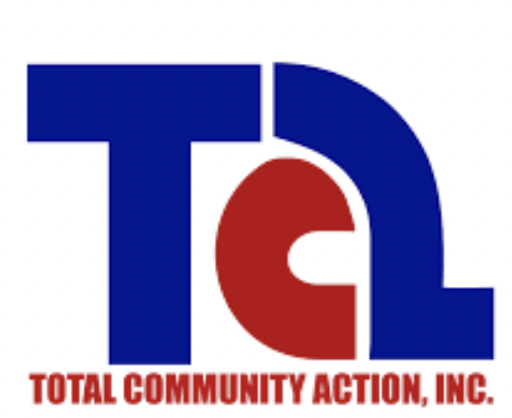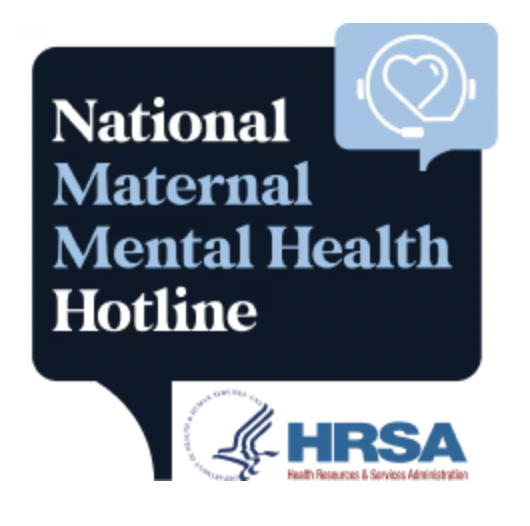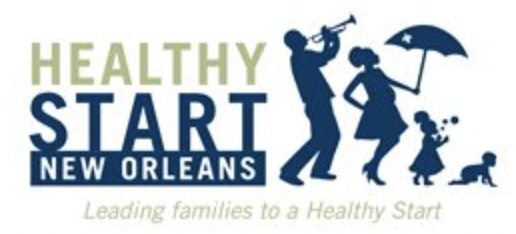Historically, women have experienced significant social barriers in accessing high-quality maternal health care. Consequently, health disparities persist among different demographic groups, resulting in poorer maternal health outcomes, diminished patient-provider trust, and lower quality of life for new mothers. In 2021, the Centers for Disease Control and Prevention (CDC) reported a maternal mortality rate of 69.9 deaths per 100,000 births for Black/African American women and 28 deaths per 100,000 births for Hispanic/Latino women. Alarmingly, this figure for Hispanic/Latino Women had risen from 11.8 in 2018. These statistics rank among the highest maternal mortality rates among developed countries, shedding light on the disheartening reality of disparate treatment for these, and other, groups in the U.S.
As a community-focused health care facility committed to promoting health and well-being, DePaul Community Health Centers (DCHC) strives to advance health equity. Health equity is the state in which everyone has a fair and just opportunity to attain their highest level of health. To achieve this state, we must recognize social barriers and circumstances affecting groups that may hinder their ability to achieve better health outcomes, or health inequities. Social determinants of health lie at the heart of health inequities. Nevertheless, community efforts like DePaul's Infant Equity Education Program (DIEEP) tirelessly work to protect vulnerable populations from health inequities and improve maternal health outcomes.
DIEEP is a groundbreaking initiative that addresses social determinants of health, focusing on food insecurity and maternal and paternal mental health. Specifically, the program aims to improve infant nutrition by providing support and education to breastfeeding mothers, new fathers, and the community. Additionally, it addresses maternal and paternal mental health by offering education and resources on postpartum depression in both mothers and fathers.
Throughout its implementation, the program has achieved significant milestones, making a profound impact on the broader New Orleans community as a whole. Under DIEEP, DePaul has organized and hosted community action network meetings, networked during the 4th of July weekend at Essence Festival on the PUMP Act, addressed food insecurities through bi-monthly food pantry distributions, participated in health equity trainings and meetings, most recently, engaged in the National Health Start Fatherhood Conference, conducting a panel discussion on postpartum depression in fathers and more.
These achievements mark just the beginning of the DIEEP’s outreach goals to reduce infant food insecurity, improve awareness of maternal and paternal mental health, promote maternal racial equity awareness, and improve maternal health outcomes to address the maternal health crisis. Furthermore, with April being National Counseling Awareness Month, the DIEEP’s efforts to enhance both maternal and paternal mental health are underscored by heightened awareness of the importance of counseling and mental health care.
To learn more about DCHC behavioral health services or the DIEEP, please click here or call a DCHC Catalyst Infant Equity Program staff member at (504) 482-2080.
Infant care... Just for you.











